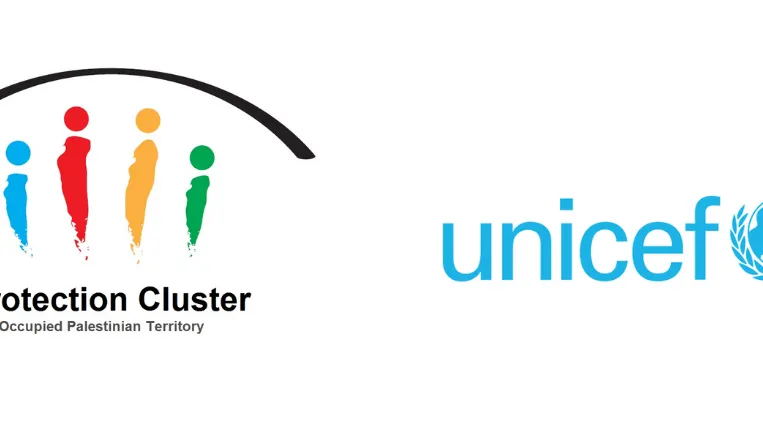Findings from the Child Protection Assessment in Rohingya Refugee Camps in Cox’s Bazar (October 2021)
20 October 2021

Introduction
The purpose of the rapid assessment was to gather information on the priority protection concerns perceived by communities in 2021 and the causes of these concerns. Additionally, the assessment sought to understand which protection concerns communities perceived to have increased in 2021. The assessment was a joint initiative between UNICEF and the Child Protection Sub-Sector to inform a range of stakeholders of the importance of child protection in the humanitarian response and the key focus areas for intervention in 2022. When triangulated with other sources such as the bi-weekly reports from child protection focal points and CPIMS+ trends analysis, the results are largely consistent, therefore addition validity to these findings.
Methodology
The methodology for the assessment was random sampling of community members in Camp 1E, Camp 1W, Camp 2E, Camp 2W, Camp 3, Camp 4, Camp 6, Camp 7, Camp 8E, Camp 8W, Camp 10, Camp 11, Camp 12, Camp 14, Camp 15, Camp 16, Camp 17, Camp 18, Camp 19, Camp 20, Camp 21, Camp 22, Camp 24, Camp 25, Camp 26, and Camp 27. A sample size of 690 male and female adults were interviewed by partner staff and recorded on a Kobo survey form on the Kobo Humanitarian database. The sample size was 684 with 342 female (41 with disabilities) and 341 male (26 with disabilities) and 1 other gender.
Limitations
The assessment was conducted over 4 days and was limited to Rohingya refugee camps. Therefore, the child protection issues in the host community are not captured in the findings within this report. Furthermore, the assessment was a perception-based assessment and therefore the inherent biases of the respondents must be considered. Additionally, it is important to note that child protection concerns are often underreported such as sexual and gender-based violence and violence in the home, due to cultural sensitivities surrounding these issues. Additionally, while neglect is often the most visible child protection concern, it is not necessarily the result of direct actions by the caregiver but relates to the overall condition in the camps.
Announcements
28 February 2025
Asian NGO Network on National Human Rights Institutions , CSO Working Group on Independent National Human Rights Institution (Burma/Myanmar)
Open letter: Removal of the membership of the dis-accredited Myanmar National Human Rights Commission from the Southeast Asia National Human Rights Institution Forum

Progressive Voice is a participatory rights-based policy research and advocacy organization rooted in civil society, that maintains strong networks and relationships with grassroots organizations and community-based organizations throughout Myanmar. It acts as a bridge to the international community and international policymakers by amplifying voices from the ground, and advocating for a rights-based policy narrative.